What We've Been Reading: September 2024
Artemis
Welcome! You've reached the place where we, on a monthly basis, gather up what the Lighthouse team are currently reading. You can check out round-ups from previous months amongst our Book Lists.
September has been utterly packed with reads. Recommendations include young love and loss, thinking on food and cooking, and the secret missions of a Japanese lesbian mafia recruit.
Hannah
Read A Guest in the House by E M Carroll - The contrast of the daily life vs internal fantasy illustration styles is so damn good. I was expecting a twist but not the one I got! Follow Abby as she tries to settle into her roles as wife and step-mother, while an unwanted, but dangerously alluring, guest lurks on the edges of her picture perfect life.
Listened to: You Don’t Have to Have a Dream by Tim Minchin - What is it with Australian creative types giving iconic commencement speeches with sage, but comfortingly achievable, life advice! See Everybody's Free (To Wear Sunscreen) by Mary Schmich/Baz Luhrmann. Compact wisdoms told in Minchin's inimitable style - embrace self-correction, be micro-ambitious (we don't all need a grand dream), and improve on your intuitive empathy.
Christina
As part of my postdoc research fellowship I am reading a huge number of German language books about gender and publishing! It’s so cool and interesting!
For our purposes: i’m re-reading Small Fires by Rebecca May Johnson, an immensely inspiring book about cooking and thinking and cooking-as-thinking, and valuing labour, and recipes as translation.
JJ
Mohamed Tonsy's 'You Must Believe in Spring' - This is a delicate, immersive story of finding bravery in the face of oppressive military occupation, Tonsy's world building is totally compelling, a book to read if you want to feel all the hope, honesty and devastation of trying to do the right thing.
I also read The Night of Baba Yaga by Akira Otani - Follow the Joyrides, violence and secret missions of a Japanese lesbian mafia recruit. A really exciting fast-paced read with a bratty princess (who turns tougher than the mafia) mixed in. Great characters and easy short story. Trigger Warning for scenes and threats of sexual assault.
Noor
Divided by Annabel Sowemimo is a stunning book and well deserving winner of the 2024 Bread and Roses Award. Sowemimo's investigations into racism in healthcare leaves almost no stone left unturned, covering racial biases in medical history which still have repercussions now, healthcare funding, inequalities due to gender, sexuality, nationality, immigration status, and so much more. I am in awe of just how thorough this book it. To paraphrase our judges: If you work in healthcare, access healthcare, or care about healthcare, which is to say all of us, this book is for you. (edited)
Also Heavyweight by Solomon J Brager
How We Named the Stars by Andrés Ordorica - I cannot recommend this book highly enough for anyone who wants an engrossing book that really hits the feels hard. Ordorica writes love, grief and relationships so compassionately and wonderfully that I cried on the train surrounded by strangers. I finished it in two hours. The pain is worth it.
Rachel
Also read How We Named The Stars. Also read in one sitting. About young love, queerness, loss, and getting to know (and accept and love) the person you are.
Towards Eternity by Anton Hur - a beautiful centuries long story, told in journal format, about the results of an AI program that was taught to be alive through poetry.
Heavyweight by Solomon J Brager - a graphic novel about the author’s search to know more about their family’s history during the holocaust. Gripping and informative, I learned an incredible amount about a piece of history I thought I knew fairly well
Peach
The Monstrous Anger of the Guns: How the Global Arms Trade is Ruining the World ed. Rhona Michie, Andrew Feinstein and Paul Rogers - When we march for the freedom of peoples who are the victims of thuggery endorsed by the Global North, or of proxy wars, we must be marching with a mind to fight for arms embargoes, and even further, an end to the international arms trade. As many of the authors in this book argue, armed violence is a continuum, and we should not be so arrogant to believe that we will be immune to the imperial boomerang.
Mohamed
A Month in Siena by Hisham Matar — a short and tender read. On the surface, it can be read as a series of essays on travel, art and artistic exploration, but Matar’s writing draws out so much more from his experiences in Siena. Moving through the city, Matar finds himself reflecting on its art and history, which draws him back to his own family history and the various migrations and unresolved tragedies that have marked his life. This book is a tribute to what art can do for people looking for answers. Matar’s writing recognises that in moments of spontaneous exploration, our bodies and minds will find a way to reach back into a past that might feel unknowable to us and retrieve something that we thought was lost.
The Seers by Sulaiman Addonia — lyrical, powerful and sexy writing. Hannah — our narrator — is a refugee from Eritrea who has recently arrived in the UK carrying her dead mother’s diary. On arrival, Hannah finds her story taken away from her, rendered into a simplified version that’s understandable to an oppressive Home Office that doesn’t recognise refugees as humans with desires and complex histories, but as cases to be handled and testimonies to be challenged. This novel rebels against this form of violence. Addonia’s prose fleshes out Hannah’s life in images, textured moments and explorations of queer desires as she tries to make a life and home in London while reckoning with an inheritance — her mother’s diary — that challenges what she thought she knew of her family history. Everything passes, love remains.
Linked Books
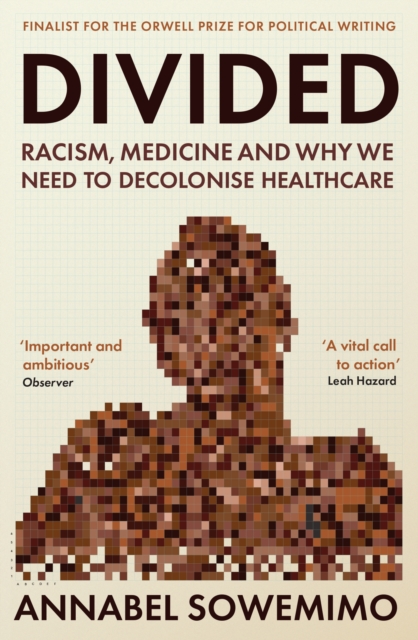
- title
- Divided : Racism, Medicine and Why We Need to Decolonise Healthcare
- author
- Sowemimo, Dr Annabel
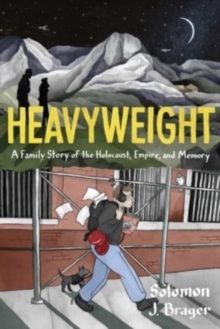
- title
- Heavyweight: A Family Story of the Holocaust, Empire, and Memory
- author
- Solomon J. Brager
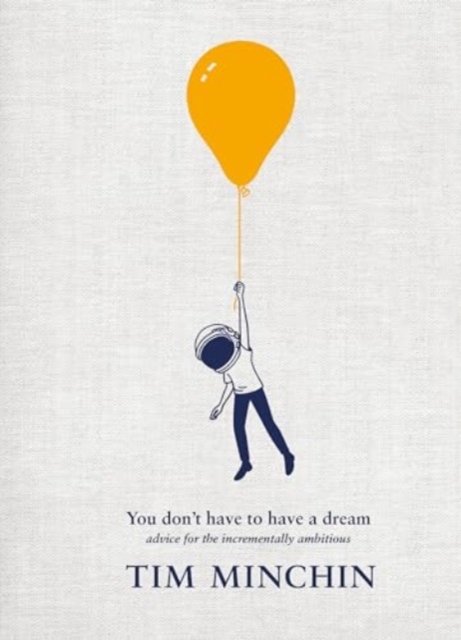
- title
- You Don't Have To Have A Dream : Advice for the Incrementally Ambitious
- author
- Minchin, Tim
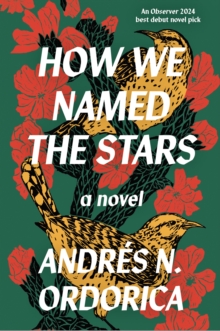
- title
- How We Named the Stars
- author
- Andres N. Ordorica
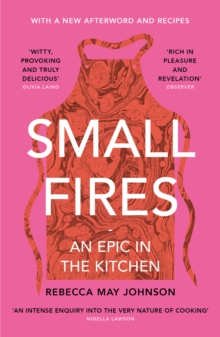
- title
- Small Fires : An Epic in the Kitchen
- author
- Rebecca May Johnson
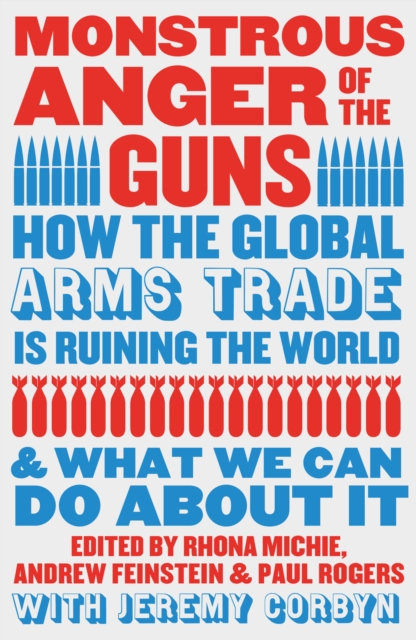
- title
- Monstrous Anger of the Guns : How the Global Arms Trade is Ruining the World and What We Can Do About It
- author
- Michie, Rhona
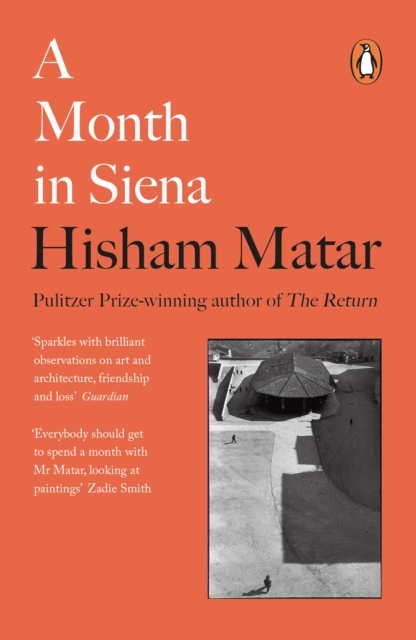
- title
- A Month in Siena
- author
- Matar, Hisham
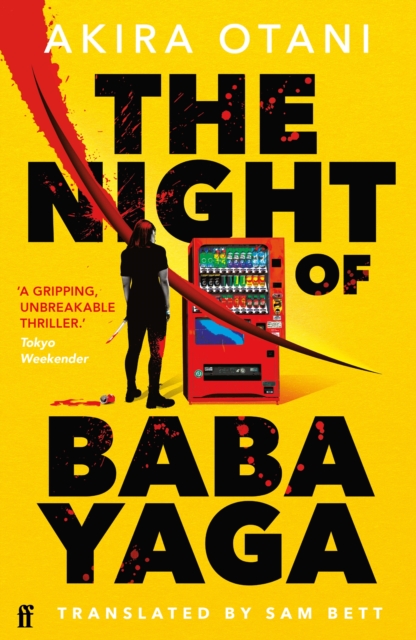
- title
- The Night of Baba Yaga : Kill Bill meets Thelma and Louise in this gripping Japanese cult thriller
- author
- Otani, Akira
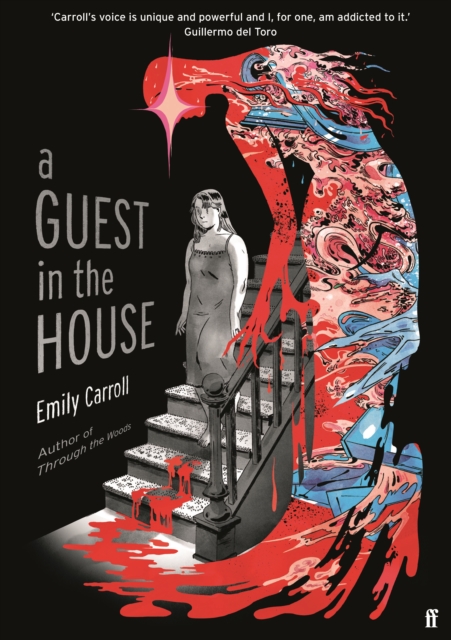
- title
- A Guest in the House
- author
- Carroll, Emily
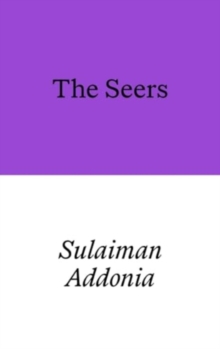
- title
- The Seers
- author
- Sulaiman Addonia
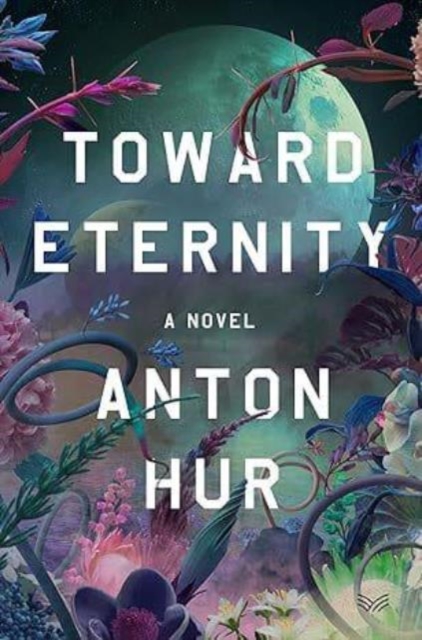
- title
- Toward Eternity UK : A Novel
- author
- Hur, Anton

- title
- You Must Believe in Spring
- author
- Tonsy, Mohamed